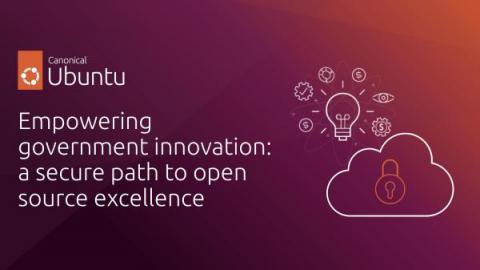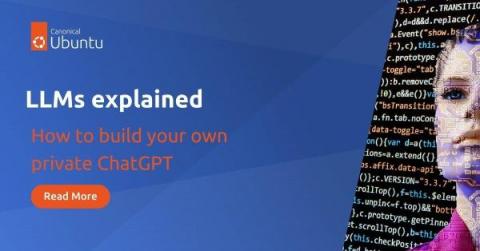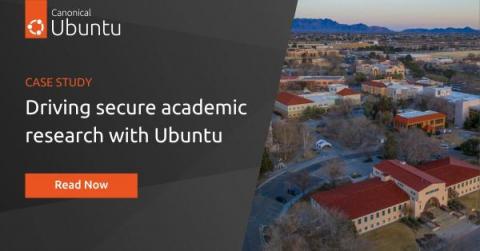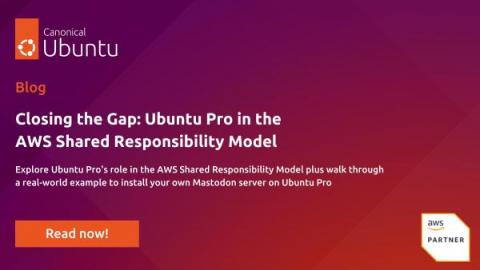TPM-backed Full Disk Encryption is coming to Ubuntu
Full disk encryption, FDE, has long been an integral part of Ubuntu’s security strategy. Its mission is straightforward: to mitigate the risks of data breaches due to device loss and unauthorised access, by encrypting data while stored on the computer’s hard drive or storage device. For 15 years, Ubuntu’s approach to full disk encryption relied on passphrases for authenticating users.











